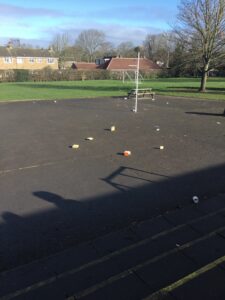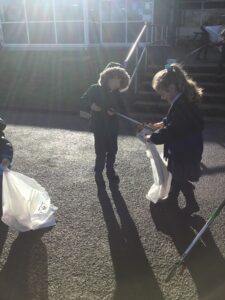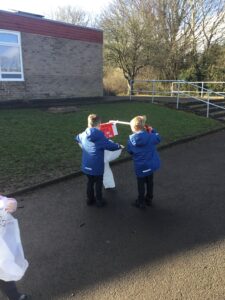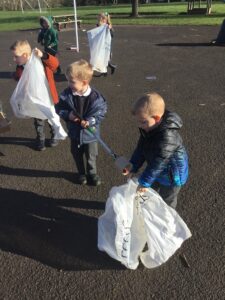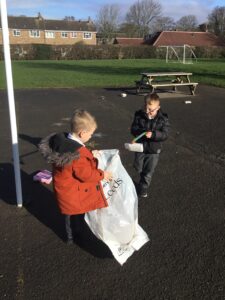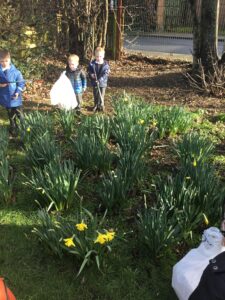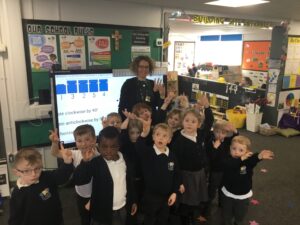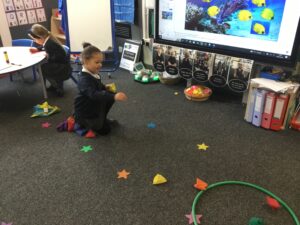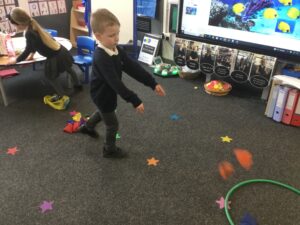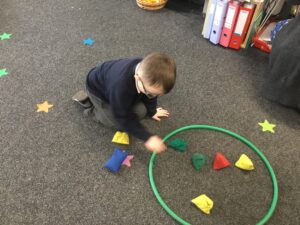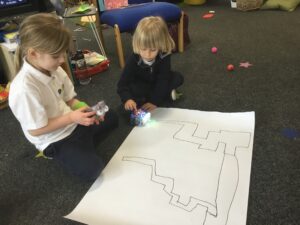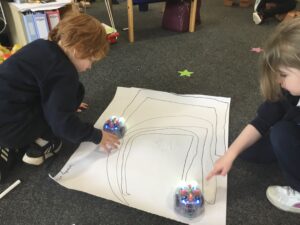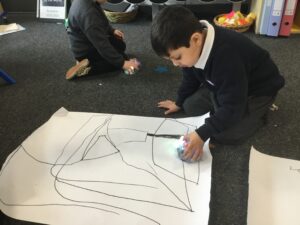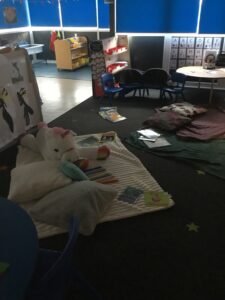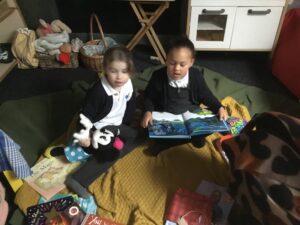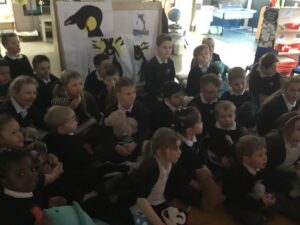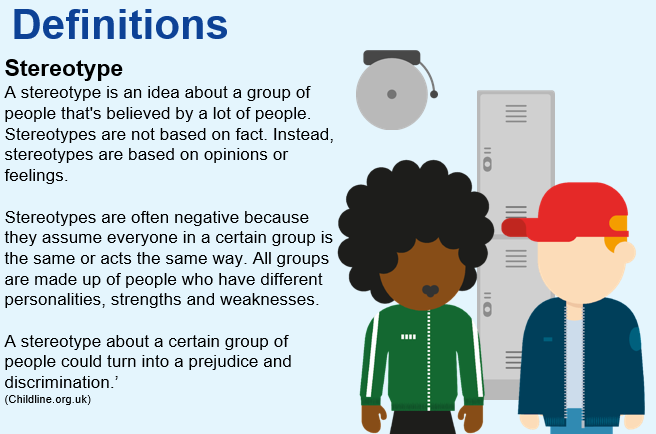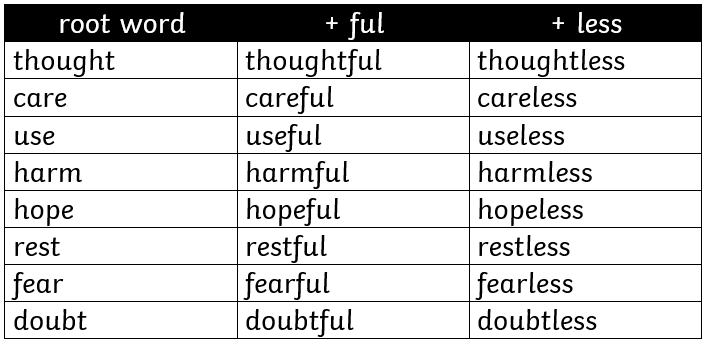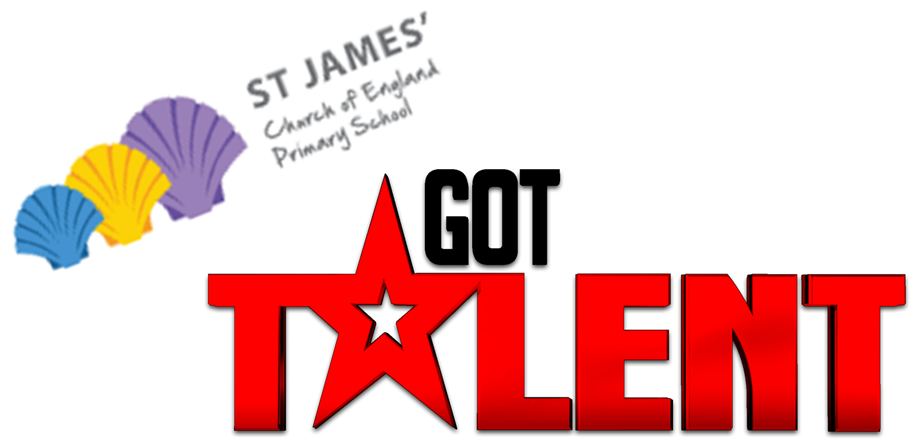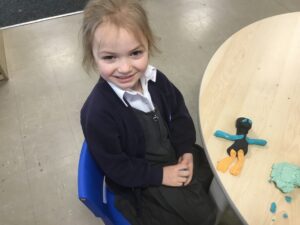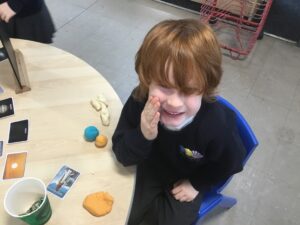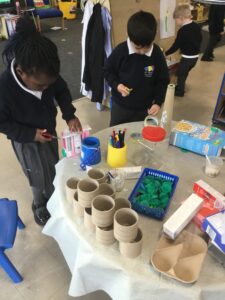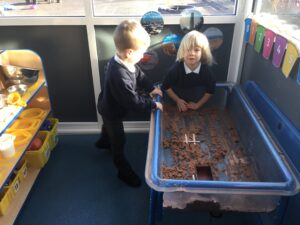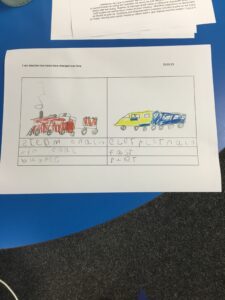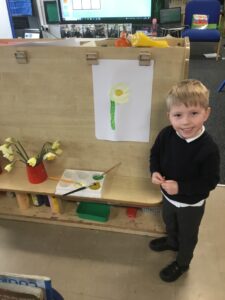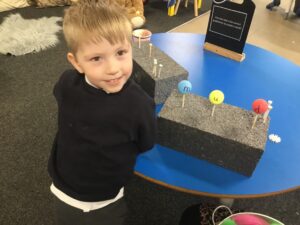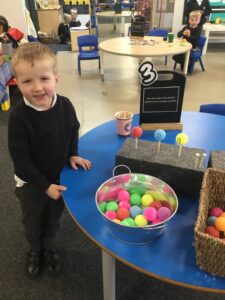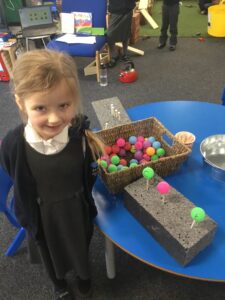This week’s Talk Time poses a moral dilemma and links to internet safety
Is using the internet is bad for your health?
You could start by listing reasons why you would use the internet (playing games, social media, watching videos). Are your reasons the same as other members of your family?
We suggest approaching this Talk Time with an open mind. You may already have strong views on this but it’s important to consider both sides of an argument before reaching your conclusions.
Check out these R2s to help you with your discussions at home:
- What are the health benefits of using the internet?
- Remember that mental health is crucial to being a healthy person.
- How could using the internet negatively impact on your health?
- How could this impact on your physical health?
- Is using the internet always an enjoyable experience?
- Decide which argument is the
- This might be the side with the most points to back it up.
- You might consider some points to be more important than others.
- You may not agree with people you speak to – that’s okay!
After the discussion with friends and family, what conclusion do you reach? Do others around you agree?
Additionally, or alternatively, you might like your child to consider our current Christian value…
At St James’ CE Primary School, we learn about Christian values that help us to become well-rounded citizens in society. The values are woven into our everyday school life. Each half term, we have a new Christian value that will be embedded into our collective worship and our reflection areas.
This half term, our Christian Value is forgiveness.
Throughout the Bible, God is described as slow to anger, abounding in love and forgiving sin (Numbers 14:18) and Jesus is shown to be uncompromising in his command to forgive. ‘Forgive’, he said, ‘seventy times seven’ (Matthew 18:21), meaning forgive and keep on forgiving without limit.
Sometimes, we accidentally break things that belong to ourselves or others. Sometimes, we use something so much it wears out. Some things that are broken cannot be mended, but it’s often possible to mend things that we’ve broken.
Help at home!
When you fall out with one of your friends, you can’t mend that friendship with a needle and thread, or some Sellotape, or glue or a puncture kit or a sticking plaster. Forgiving people, or yourself, can be hard. Take a moment to think about why it can help to forgive and how you can do it.
Draw around your hand.
- Think about why it can important to forgive someone and write in on the palm of your hand.
- On each finger or thumb, write a way we can forgive someone.
- Colour and decorate your forgiving fingers, if you wish.
